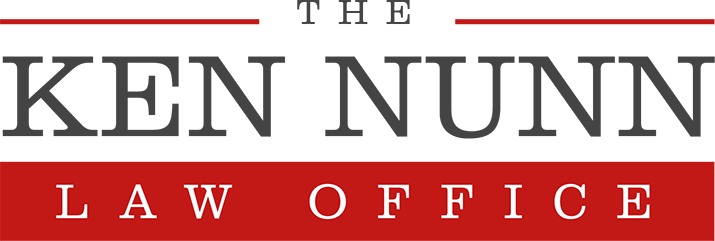
When you are injured in a personal injury accident caused by another party, that party’s insurance company assigns an adjuster to your claim. This procedure is usually the same regardless of whether you are injured in a car accident, by a defective product, or a fall. But what is an insurance adjuster and what does the adjuster do?
Adjusters are known by several different names, such as a claims adjuster, insurance claims representative, claims specialist, and independent claims analyst. Regardless of the title, insurance adjusters usually process accident claims in a similar fashion, and their job duties are similar from company to company. Understanding the role of an insurance adjuster can help you avoid some pitfalls of dealing with the adjuster.
What is an Insurance Adjuster’s Role in Your Accident Claim?
The key role of an adjuster is to investigate the accident claim to determine if the company is liable under the insurance policy. If the insured was not at fault for the accident that caused your injury or the policy did not cover the cause of the injury, the adjuster takes the position that the company is not liable for your claim. When this is the case, you should receive a written denial of claim explaining the reason for denial.
If the claims adjuster determines that the insurance company is liable under the policy, he begins an investigation to determine the extent of liability and the value of the claim. To do this, the adjuster may take one or more of the following actions:
- Request a copy of the police report to review
- Inspect any property damage and obtain appraisals for repairs
- Interview the accident claimant, the insured, and any eyewitnesses
- Request a written or recorded statement from one or more parties
- Request copies of medical records for the claimant
Once the investigation is complete, the claims representative submits a report to the insurance provider outlining liability. The report also contains an explanation of damages and a recommendation of the value of the claim. If the insurance company reviews the report and agrees with the adjuster’s conclusion, the company may offer a settlement. You then decide whether to accept the settlement.
Beware — Accepting a settlement brings an end to your claim. You cannot demand more money from the company, even if you discover additional injuries or damages you were not aware of when you signed the release and settlement. Therefore, it is usually in your best interest to speak with one of our Indianapolis personal injury attorneys before you accept a settlement. It is also wise to speak with an attorney before you provide any statements or sign any medical releases.
Does the Adjuster Work for Me?
No, the adjuster does not work for you, even though many adjusters tell claimants that they are “here for them” or they will “help them” get the money they need. Insurance adjusters work for the insurance provider. Their job is to settle accident claims quickly for the least amount of money. Insurance companies do not want to pay large settlements because it interferes with the company’s objection, which is to make as much money as it possibly can to increase profits. Paying insurance claims is contradictory to this goal.
Therefore, it can be risky to handle an insurance claim yourself. Insurance adjusters are trained professionals who use various tactics to reduce the value of your claim. Our Indiana personal injury attorneys believe you deserve to have a team of legal professionals on your side protecting your best interest. We advise you to contact our office for a free consultation before agreeing to provide a written or recorded statement. You should not sign a medical release either until you consult with an attorney.
Call for Your Free Consultation Now!
Contact The Ken Nunn Law Office at 1-800-CALL-KEN or 1-800-225-5536 for a free legal consultation with an Indiana personal injury attorney.







